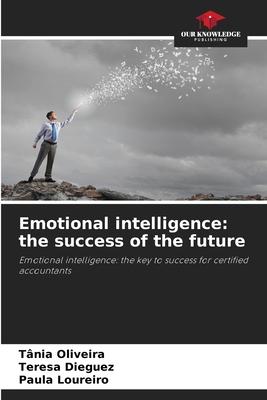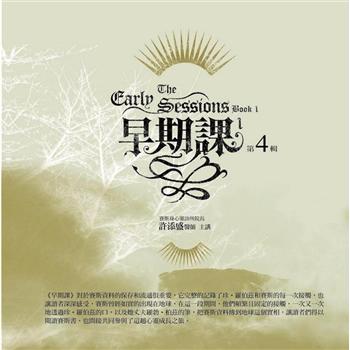The world is constantly changing and organizations need Human Resources capable of adapting and creating differentiating advantages. The aim of this study is to investigate and establish the relationship between emotional intelligence and a number of variables in the work context of Certified Accountants, including individual performance evaluation (self-perceived performance), work experience and the established working relationship. The research was carried out using a quantitative methodological approach. To this end, a questionnaire survey was carried out using the trait model, more specifically the self-report scale of Schutte et al. (1998). The sample was made up of 142 Certified Accountants aged between 20 and 70. The results show an increase in emotional intelligence proportional to years of experience in the profession, as well as a positive relationship between emotional intelligence (total and factors) and self-perceived performance at work. There appear to be no discrepancies between the emotional intelligence of self-employed workers (entrepreneurs) and employees.
| FindBook |
有 1 項符合
Emotional intelligence: the success of the future的圖書 |
 |
Emotional intelligence: the success of the future 作者:Oliveira 出版社:Our Knowledge Publishing 出版日期:2024-01-31 語言:英文 規格:平裝 / 80頁 / 22.86 x 15.24 x 0.48 cm / 普通級/ 初版 |
| 圖書館借閱 |
| 國家圖書館 | 全國圖書書目資訊網 | 國立公共資訊圖書館 | 電子書服務平台 | MetaCat 跨館整合查詢 |
| 臺北市立圖書館 | 新北市立圖書館 | 基隆市公共圖書館 | 桃園市立圖書館 | 新竹縣公共圖書館 |
| 苗栗縣立圖書館 | 臺中市立圖書館 | 彰化縣公共圖書館 | 南投縣文化局 | 雲林縣公共圖書館 |
| 嘉義縣圖書館 | 臺南市立圖書館 | 高雄市立圖書館 | 屏東縣公共圖書館 | 宜蘭縣公共圖書館 |
| 花蓮縣文化局 | 臺東縣文化處 |
|
|
圖書介紹 - 資料來源:博客來 評分:
圖書名稱:Emotional intelligence: the success of the future
|










